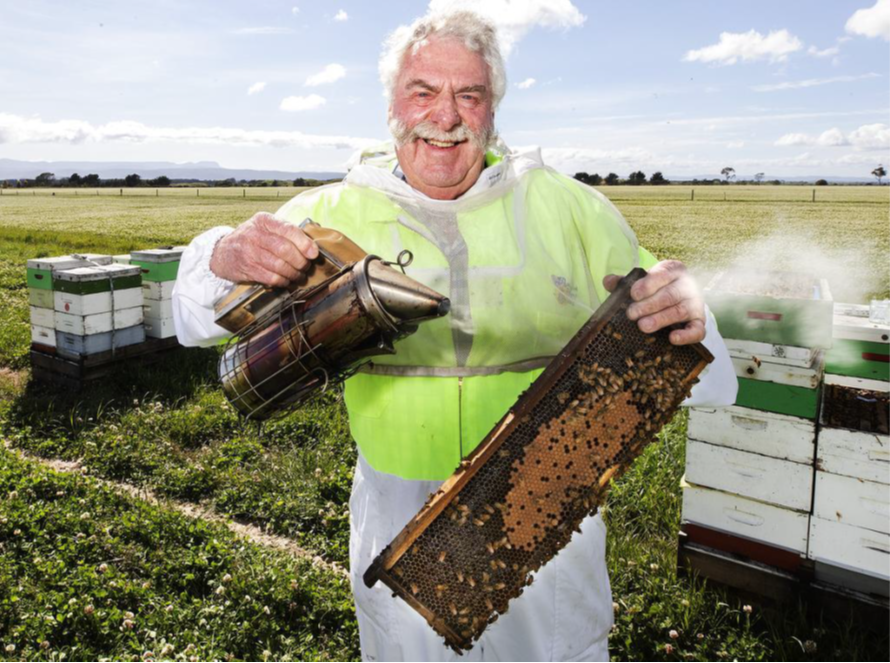Tassie beekeepers’ win over New Zealand in long manuka honey naming battle
18 July 2023It was a trans-Tasman tussle fought over many years but Tasmanian beekeepers have emerged triumphant over manuka honey naming rights. An eight year trans Tasman legal battle has ended with […]
It was a trans-Tasman tussle fought over many years but Tasmanian beekeepers have emerged triumphant over manuka honey naming rights.
An eight year trans Tasman legal battle has ended with New Zealand losing its “audacious” bid to exclusive global use of the term manuka Tasmanian Beekeepers Association president Lindsay Bourke hailed the Intellectual Property Office of New Zealand ’s decision saying the drawn out case had driven down prices after New Zealand labelled the Tasmanian and Australian honey a fake. “The result is as it should be,” he said.
“It was a ridiculous and selfish act. “Beekeepers around the world have historically been a fraternity, but who needs enemies when you have ‘friends’ like our NZ counterparts. “New Zealand had an ugly head and they kept raising it up. “We have consistently extended an olive branch, seeking collaboration for the mutual benefit of both nations, in the spirit of ANZAC. “However, our offers were consistently and completely rejected by New Zealand, adopting a ‘winner take all’ approach.”
In a 171 page decision NZ Assistant Commissioner of Trade Marks Natasha Alley said it was one of the “most complex and long running proceedings ” to come before the Intellectual Property Office. “This case represents a trans Tasman tussle of extraordinary proportions over trade mark rights for mānuka honey,” she said.

“The opposition proceeding involves extensive factual and legal issues, some of which are novel, along with voluminous evidence and submissions.” Mr Bourke said the application for exclusive use by New Zealand was refused on several grounds, including that manuka honey was descriptive of
the goods of the application and was therefore not registrable under the Trade Marks Act 2002. He said manuka has been in the Australian language for over 150 years, starting in Tasmania and Australia’s First Nations people had been consuming manuka honey for over 60,000 years, obtaining it from the hives of stingless bees.
“The inconvenient reality for NZ is that the honey with the highest MGO (Methylglyoxal) content is from leptospermum polygalifolium found predominantly on the East Coast of Australia,” Mr Bourke said. “Leptospermum scoparium is the predominant native species in Tasmania and the only species regarded as being a native to NZ. “The Australian manuka honey industry has faced relentless attacks from the powerful New Zealand manuka companies, many controlled by overseas interests.”
Article shared from The Mercury – Tasmania by Sue Bailey
